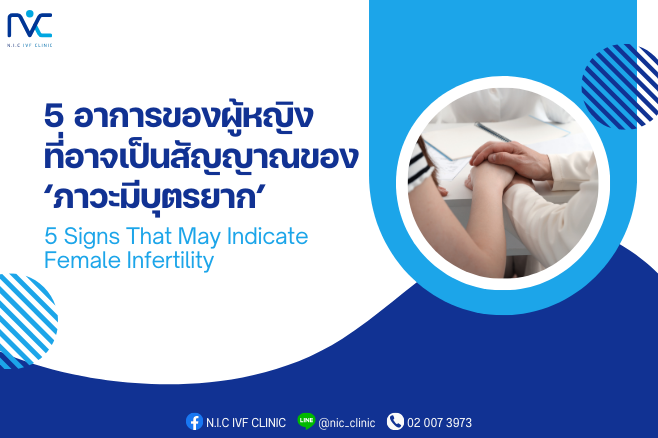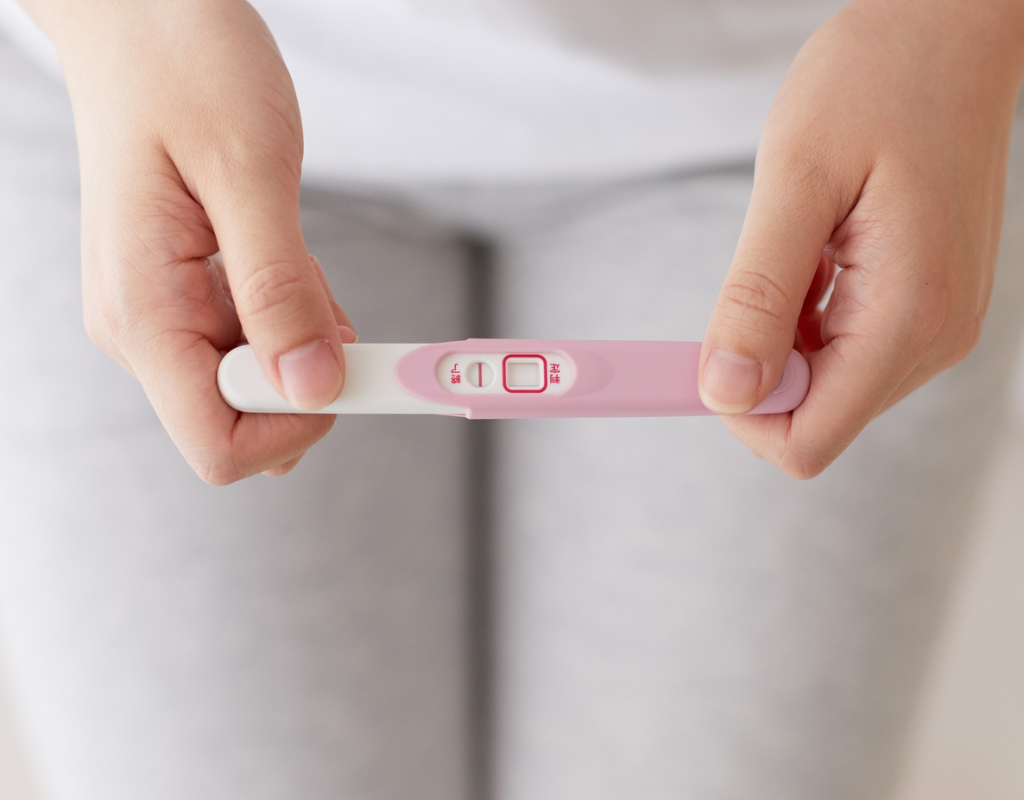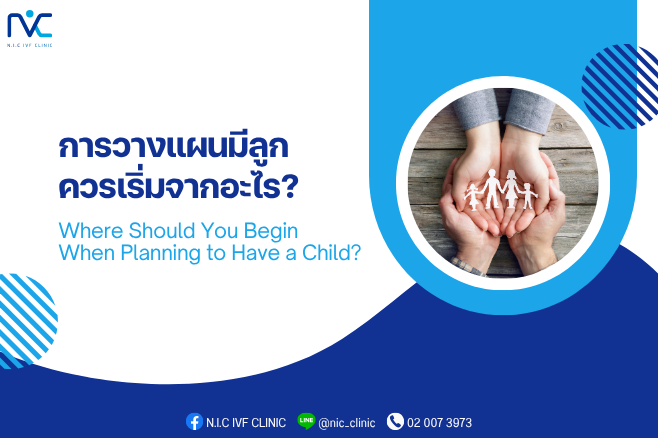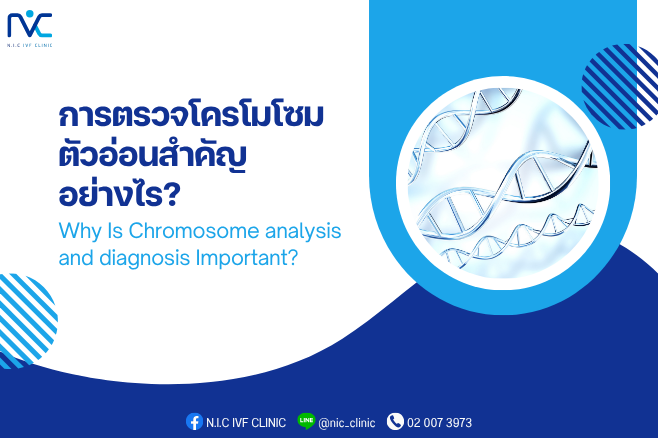NEWS & KNOWLEDGE
5 Signs That May Indicate Female Infertility

5 Signs That May Indicate Female Infertility
Your body may be sending subtle signals that could point to underlying fertility issues—often without you realizing it. While taking care of your overall health is important, it’s equally vital not to ignore certain symptoms. If you experience any of the following signs, it’s a good idea to consult a fertility specialist to assess your reproductive health and prepare your body for pregnancy.
1. Irregular Menstrual Cycles
Women with irregular periods—whether they occur too frequently or are spaced too far apart—may be experiencing hormonal imbalances. This can lead to ovulation problems, making it more difficult to conceive. A normal menstrual cycle typically ranges from 21 to 35 days. If your cycle falls outside this range, it may be a sign of an underlying issue.

2. Severe Menstrual Pain
While some discomfort during menstruation is common, intense pain could indicate conditions affecting the uterus or ovaries—such as endometriosis, adenomyosis, or ovarian chocolate cysts. These conditions can directly impact fertility. If you frequently need pain medication to manage period cramps, it’s recommended to consult a specialist for further evaluation.

3. Age Over 35
Age plays a significant role in a woman’s fertility. After 35, ovarian function tends to decline, leading to fewer and lower-quality eggs. This can affect embryo quality and reduce the chances of conception. Additionally, women over 35 face a higher risk of chromosomal abnormalities in the baby, such as Down syndrome, as well as a greater risk of miscarriage.

4. Trying to Conceive for Over 6–12 Months Without Success
If you’ve been having regular, unprotected intercourse for 6 to 12 months without becoming pregnant, it may be a sign of infertility. At this point, both partners should seek medical advice to identify possible causes and explore fertility treatment options.

5. Pelvic Inflammatory Disease (PID)
PID is an infection of the female reproductive organs, including the uterus, ovaries, and fallopian tubes. If left untreated, it can cause scarring and blockages that interfere with fertilization or embryo implantation. Symptoms may include lower abdominal pain, pelvic discomfort, or abnormal vaginal discharge. Early diagnosis and treatment are essential to preserve fertility.
.png)
Don’t Ignore the Signs
If you’re experiencing any of these symptoms, we encourage you to schedule a consultation with our fertility specialists. Early assessment and proper care can help reduce the anxiety of infertility and increase your chances of having a healthy pregnancy.
Article by
Assoc. Prof. Dr. Matchuporn Sukprasert
For more information, please contact us via:
LINE Official : @nic_clinic or https://lin.ee/Mmq6m2K
Tel: 02-007-3973 or 095-370-2483


